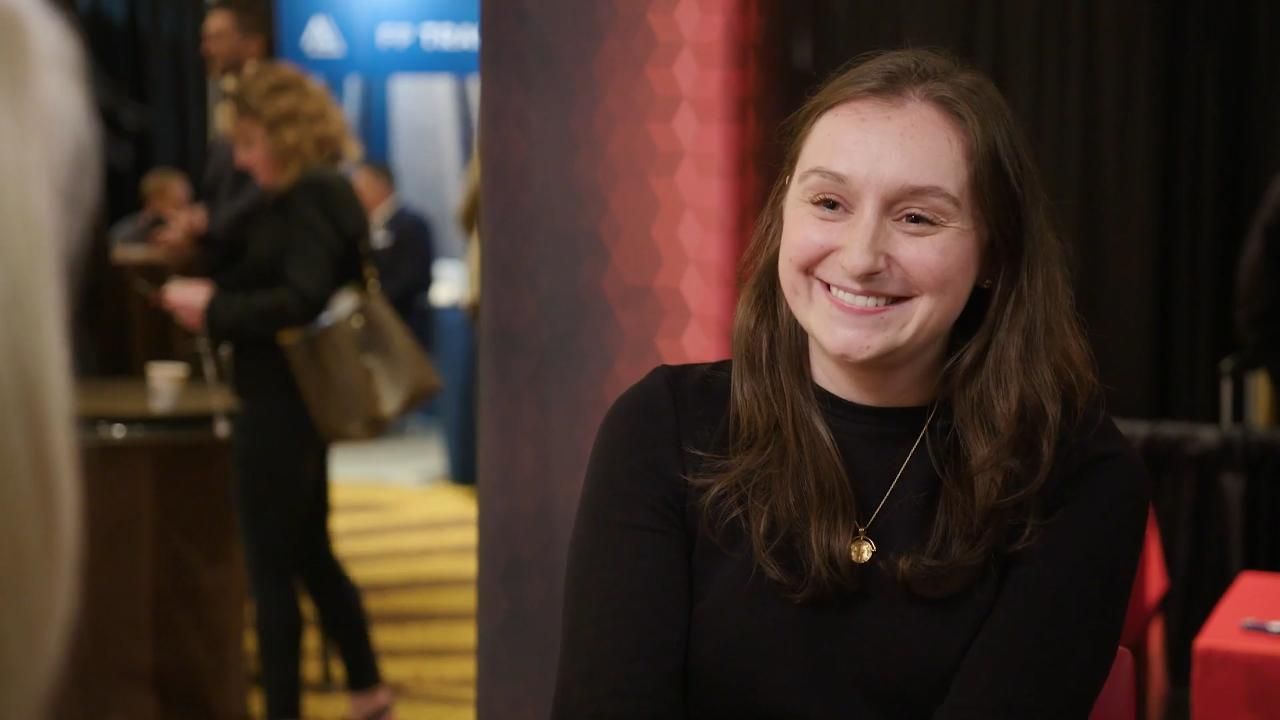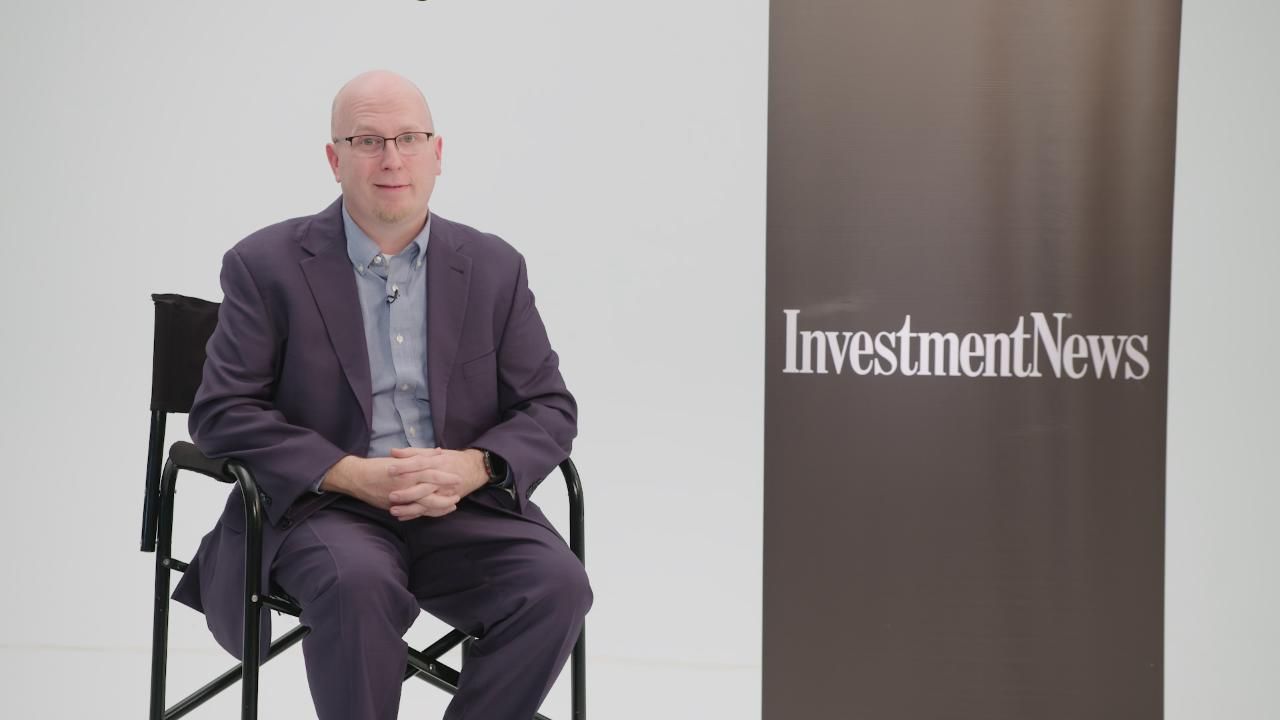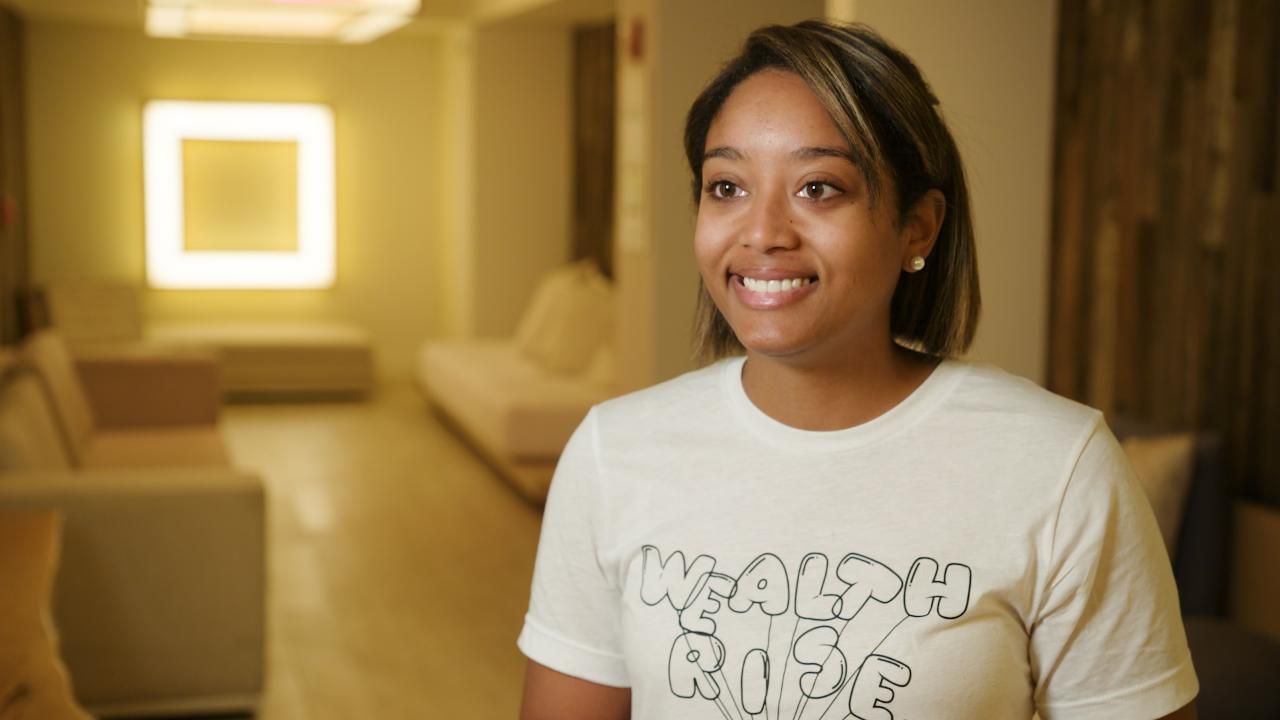Fighting financial illiteracy with personal economics lessons
Mark Tibergien, CEO of Advisor Solutions at BNY Mellon's Pershing, is improving financial literacy in his rural hometown through a program at his former high school in Gladstone, Mich.
The Missing Link in America’s Education
[Mark Tibergien – MT] – “I grew up in Gladstone Michigan, which is in the Upper Peninsula (the UP). The UP represents one third of Michigan’s land mass but. It is one big small town.”
[ MT] – “It’s also an area that has been in decline. It’s been relatively impoverished. Whereas before it was dependent on mining and timber, that entire region, now people struggle. And so if we can touch enough lives through this notion of teaching personal economics, students who participate will have a chance to make a difference and create a legacy in the community that goes way beyond whatever I could have thought of.”
[Teacher in classroom] “So even if you are starting really small, at age 17 or 18, say you are just doing 25 dollars a pay cheque, and having it withdrawn and put into your first 401 k, which some of you actually may do at the end of this class, of that money – where would you be comfortable putting it?”
[Erica Fix – Teacher – EF] – “Finances have changed over time. In America, if we look at our grandparents generation, they saved, they paid cash for things, and that’s not true in America any more. If you are going to be good with money and build wealth in your life, you have to know a lot nowadays, and you didn’t before.”
[MT] – “In my early years I made horrible choices – I used credit cards the way I shouldn’t have, I borrowed money the way I shouldn’t have, and once I came to grips with that, once I realised that there were changes I could make, I realised that there were entire communities that could benefit from learning much the same thing.”
[EF] – “The class here started with a teacher and she approached Mr Tibergian and he funded the start of our programming and having the full-year class here at Gladstone High School. So the curriculum that we are running for the class centers on a lot of personal financial choices. How do you approach what you do after high school, what kind of careers could people go into, what would be the pay. Right on to how to understand loans, how to understand their credit, how to protect themselves from identity theft. And then we also decided to do a summer camp. So we have elementary, middle and high school summer camps on financial literacy concepts.”
[Steven Tackman – Financial Advisor] – “They put a lot of effort into their projects, that summarise what they learned during the course of their program. It’s a lot of fun to see the concepts come alive in their eyes.”
[Katherine Bianga – Former Student] – “I remember the vibe in our personal finance class to be actually kind of excited, especially because we were the first hour 8.00am class every day. I even remember on senior skip day our whole personal finance class showed up to Mrs Fixes hour. We felt like we are actually going to be able to take this stuff with us, so it’s valuable for us to be sitting here right now.”
[Natalie Hanson – Student] – “Something that I learned where I was like, I’m totally going to use this, is compound interest, and learning about the time value of money and how important it is to start saving now so that it can build interest. And how important that is.”
[Ben Flaminio – Student] “The last thing we did in this class is cheque book balancing and cheque book reconciliation. I think the program is really great. It’s a really good opportunity that my parents definitely didn’t have when they were in high school. Their parents may not have taught them about financial literacy so they think it’s good for me that I learn these kind of things.”
[MT] – “One of the beauties of this program is how the children realise that the education they receive is making an impact in their lives. Evidence of this is that 60% of the senior class participates in what’s an elective. I receive these notes of such incredible warmth and appreciation for the understanding of something so basic. You can see that lives are actually impacted by education.”
[EF] – “I’m really proud of the success stories that come out of the program. One of my favorites is when I received a phone call, at the school sometime in June, and it was a local banker and he said: ‘One of your former students just filled in a 401k’ – and she’s 18. To hear a story like that, those are the things that teachers live on.”
[end]
See also: What does the Gamestop stock surge prove about financial literacy? – The GameStop trading frenzy taught inexperienced investors the wrong lessons about investing, drawing new attention to the financial literacy threat America has faced for years.



